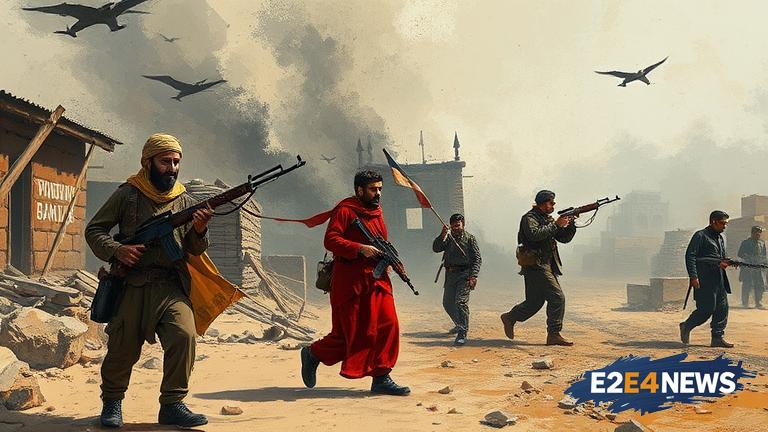It has been four years since the Taliban seized power in Afghanistan, and the country has been plagued by relentless repression and human rights abuses. The Taliban’s rule has been marked by a systematic erosion of civil liberties, with the regime imposing harsh restrictions on freedom of speech, assembly, and the press. Women and girls have been disproportionately affected, with the Taliban banning them from attending school and restricting their access to healthcare and employment. The regime has also targeted minority groups, including the Hazara community, with brutal violence and persecution. The international community has been criticized for its response to the crisis, with many arguing that it has been too slow to act and has failed to hold the Taliban accountable for its abuses. The United Nations has reported a significant increase in human rights violations, including extrajudicial killings, torture, and forced disappearances. The Taliban has also been accused of using forced labor, child soldiers, and other forms of exploitation. The economic situation in Afghanistan has also deteriorated, with the country facing a severe humanitarian crisis and widespread poverty. The Taliban’s restrictions on women’s rights have had a devastating impact on the economy, with many women forced to leave their jobs and rely on their families for support. The international community has imposed sanctions on the Taliban, but these have had limited impact, and the regime has continued to consolidate its power. The Afghan people have been left to suffer, with many forced to flee their homes and seek refuge in other countries. The situation has been described as a ‘humanitarian catastrophe’ by many aid organizations, with millions of people in need of assistance. The Taliban has also been accused of destroying cultural heritage sites and historical artifacts, including the famous Bamiyan Buddha statues. The regime has also imposed strict restrictions on media and journalism, with many reporters and journalists forced to flee the country or face arrest and persecution. The international community has called for the Taliban to respect human rights and allow for the free flow of information, but these calls have been ignored. The situation in Afghanistan is a stark reminder of the dangers of extremism and the importance of protecting human rights and democracy. The world must come together to support the Afghan people and hold the Taliban accountable for its abuses. The United States, European Union, and other countries have imposed sanctions on the Taliban, but more needs to be done to address the crisis. The United Nations has also called for increased humanitarian aid to Afghanistan, but the response has been slow, and many people remain in need of assistance. The Taliban’s rule has also had a significant impact on regional stability, with many neighboring countries expressing concerns about the regime’s support for terrorist groups. The situation in Afghanistan is a complex and multifaceted crisis that requires a comprehensive and coordinated response from the international community. The Afghan people deserve our support and solidarity, and we must work together to ensure that their human rights are respected and protected.
